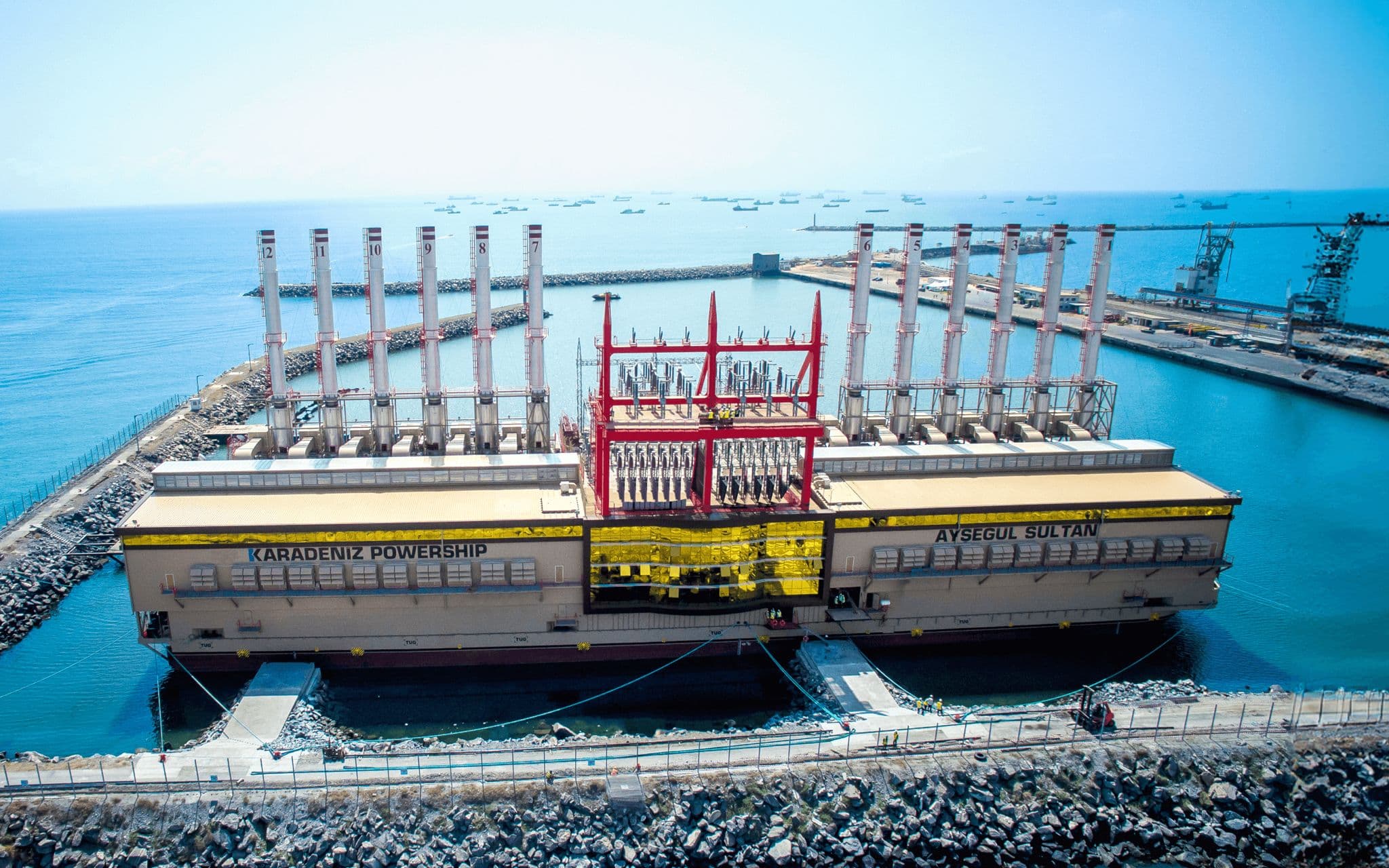We're loading the full news article for you. This includes the article content, images, author information, and related articles.
The major financing deal aims to expand the controversial floating power plant operator's reach across Africa, raising questions about the future of Kenya's and the region's energy strategy amid persistent power deficits.

GLOBAL – The Mauritius Commercial Bank (MCB) has successfully arranged and closed a USD $400 million syndicated financing facility for Sea World Energy Holdings Limited, the affiliate managing the African operations of Turkish energy giant Karpowership, it was announced on Monday, 17 November 2025. The deal, for which MCB acted as the sole Mandated Lead Arranger, is designed to bolster the liquidity and operational flexibility of Karpowership's expanding fleet of floating power plants across the continent.
The financing underscores growing investor interest in rapid energy deployment solutions for Africa, a continent grappling with significant electricity shortages. Karpowership, a subsidiary of Karadeniz Energy Group, operates a fleet of 40 vessels with a combined installed capacity of 8,000 megawatts, providing electricity to 14 countries globally. In Africa, the company has established operations in several nations, including Ghana, Mozambique, Senegal, Côte d'Ivoire, Sierra Leone, Gambia, and Guinea-Bissau.
While Karpowership has no current operations in Kenya, company executives have previously identified the nation as a potential market for expansion. The fresh capital injection could accelerate such plans, presenting a potential new dynamic for Kenya's energy sector, which is dominated by KenGen and Kenya Power and is pursuing long-term geothermal and renewable projects. The floating power plant model, which can be deployed in months, offers a stark contrast to the years-long development cycle of traditional power infrastructure.
Karpowership’s model provides a swift, albeit temporary, solution for nations facing acute energy crises and grid instability. The vessels, known as 'Powerships', are essentially floating power stations that moor at a port and connect to the national grid. This rapid deployment capability has made them an attractive option for governments under pressure to resolve chronic blackouts that cripple economic activity.
However, the company's operations are a subject of intense debate and have faced significant opposition, particularly in South Africa. Environmental and civil society groups have raised alarms over the long-term contracts, often spanning 20 years, that lock countries into fossil fuel dependency. Many of the ships run on heavy fuel oil or natural gas, contributing to greenhouse gas emissions. Critics argue that these deals divert investment from sustainable, renewable energy sources like solar and wind.
In South Africa, Karpowership’s bid to supply 1,220 megawatts of power has been mired in legal challenges and regulatory hurdles over allegations of inadequate environmental impact assessments and a lack of transparency. Environmental groups have voiced concerns about the potential impact on marine ecosystems and local fishing communities. The company has also faced disputes over unpaid bills, leading to power cuts in Sierra Leone and Guinea-Bissau.
For Mauritius Commercial Bank, the transaction marks a significant step in its strategy to become a key financier of major infrastructure projects across Africa. The bank, which has representative offices in Kenya, has been actively expanding its energy portfolio. Youri Harel, MCB's Head of Specialised Finance, stated on Monday that the deal reflects a "shared vision to create meaningful and lasting impacts on Africa’s electrification journey."
The financing was structured as a portfolio facility, backed by Karpowership's existing Power Purchase Agreements in Africa, allowing the company flexibility in managing its fleet and capital. Mathieu Delteil, MCB's Global Head of Structured Finance, noted that the transaction was "well received by participating financiers," signaling strong market confidence.
As this new capital is deployed, governments in East Africa, including Kenya, will be watching closely. The deal highlights a critical juncture for the continent's energy policy: the choice between rapidly deployable, fossil-fuel-based power to meet urgent demand and the long-term strategic commitment to developing renewable energy infrastructure. The expansion of Karpowership's operations will undoubtedly be a key factor in that ongoing debate.
Keep the conversation in one place—threads here stay linked to the story and in the forums.
Sign in to start a discussion
Start a conversation about this story and keep it linked here.
Other hot threads
E-sports and Gaming Community in Kenya
Active 9 months ago
The Role of Technology in Modern Agriculture (AgriTech)
Active 9 months ago
Popular Recreational Activities Across Counties
Active 9 months ago
Investing in Youth Sports Development Programs
Active 9 months ago